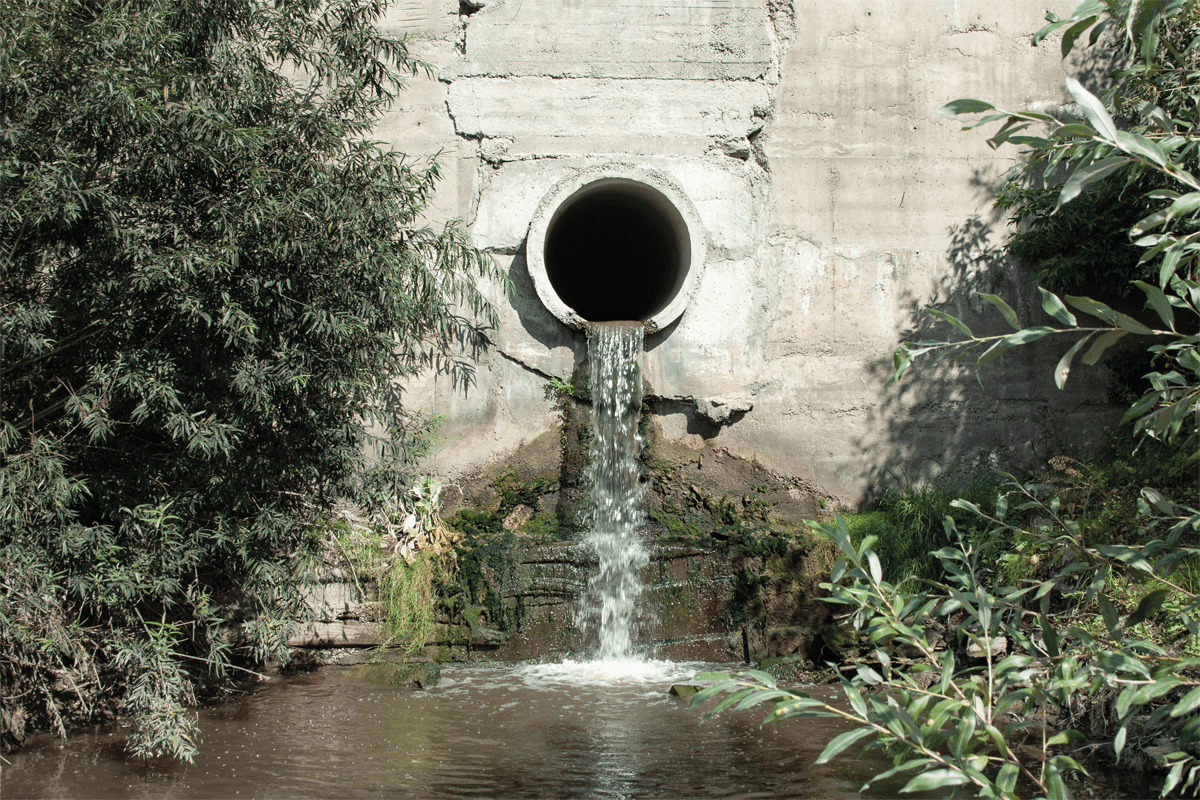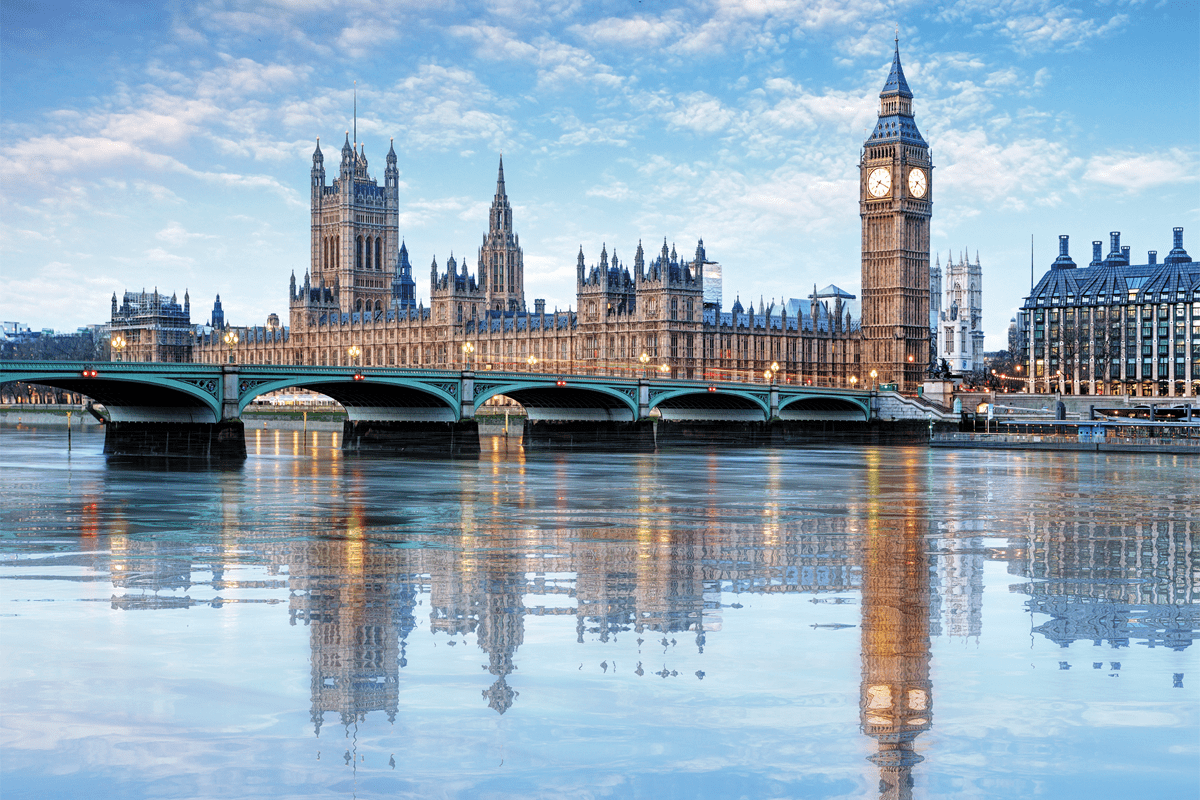Water industry intransigence and regulatory neglect seem to provide the backdrop to a sewage dumping scandal that has made headlines recently and emboldened citizen scientists and environmental campaigners. Will 2022 be the year water companies are finally forced to get their act together, asks Envirotec.
It’s been a tumultuous few months for those who care about the destiny of the UK’s rivers and waterways. Sewage dumping was always seen as a necessary evil in water companies’ stewardship of these environments, and the obligation upon them to monitor and report none too demanding. Now, it seems every month brings new revelations from independent researchers that reveal a far more serious and profligate abuse of this privilege than it seemed anyone knew. And serious faults seem apparent on the regulatory side, with accusations of a lax and negligent regime on the part of the Environment Agency, which has allowed serious criminality to go unpunished.
In recent months the topic has seemed to attract public attention and coverage as never before. One widely reported red flag was an early November publication from campaign group Surfers Against Sewage (SAS) revealing that water companies spilled raw sewage into coastal waters over 5,500 times in the past year, a surge of more than 87% from the year before.
Research by Peter Hammond, formerly a professor of computational biology at UCL, has been presented to parliament and published in the FT in recent months, and it makes a persuasive case that a great many sewage spills go unrecorded – potentially up to 95 percent. Hammond’s work draws on machine learning to extend scientists’ ability to make sense of the available data (see box opposite, “Machine learning and spills”).
Tightening the legal loopholes
Citizen science is clearly playing a decisive role in the current wave of publicity and public outrage, but recent years have seen a seeming growth in the legal obligations and regulatory scrutiny to which water firms are subjected, when it comes to spilling sewage.
More than 12,000 of England’s storm overflows are now equipped with Event Duration Monitors (EDM), and the remaining 3000 will have them by 2023, according to the EA.
These oblige operators to record the start and stop times of a discharge, and to report this data. Previously, utilities were only obliged to self-report spills that they themselves deemed in breach of an EA permit.
It was hailed by many as a victory for activism and citizen science that the Environment Act – which passed into law on 10 November – was, in its final form, a more stringent document than the government initially tried to pass. It presents utilities with requirements to provide real-time data (to within one hour) all-year round on the operation of storm overflows, to report annually on sewage discharges, to monitor water up- and down-stream of sewer overflows, and for government to put in place an action plan to address sewage pollution.
The measures appeared to bring an impetus of their own, and on 18 November the EA and OFWAT announced the opening of an investigation into operators of sewage treatment works following revelations of their seemingly “admitting that they could be releasing unpermitted sewage into rivers and watercourses”.
It seemed like a moment of frankness prompted by the threat of new monitoring systems but the scenario clearly sounded contrived to the authors of a blog maintained by the Windrush Against Sewage Pollution (WASP) campaign group (of which Peter Hammond is a member), which presented a suitably waspish analysis of the Environment Act itself in a 28 November post, titled “Reality Check”. The writer called into question the truth of MP Robert Coutts’ claim that the act “puts in place more protections against water pollution than ever before”.
Even before the Act, as the blog explained, it was illegal to dump untreated sewage in anything but exceptional circumstances (though that didn’t stop the government requiring a sharp reminder from the European Court of this enforcement duty, in 2012).
“Prosecution of all or even just a reasonable percentage of the occasions on which the water industry broke the law would have made the activity financially damaging,” wrote the author, “but instead, the ridiculously low number of Environment Agency prosecutions possible under government policy and the under-resourcing of the staff to do it made pollution a commercially desirable choice.”
The law was always there, should anyone have had the initiative to apply it, the writer suggested, “but now the Environment Act has brought in a raft of measures without any structure to measure, report and reduce impact”.
The Act is “deeply flawed”, said the writer, because “instead of creating hard targets to stop pollution at source, it has given the water industry and the EA, the ability in law to allow pollution, even illegal pollution, to continue indefinitely, providing that some half-baked assessments and claims of reduction are claimed.”
And even if a serious incident can be demonstrated, it seems, “the industry can then provide its own cost estimates and rely on the use of dubious cost-benefit calculations to show it is not worth the water company spending money on stopping pollution because, to put it simply – we, the people and wildlife on the receiving end of it are not worth damaging the industry’s profit margin.”
Forestalling fears
One group, Fish Legal, voiced fears that the EA-OFWAT investigation might provide the pretext for an information blackout, and on 22 November said it had written an open letter to the EA Chief Executive, asking for assurances that data connected with storm overflows and sewage discharges from the 2000 sewage treatment works under investigation would continue to be made available to the public.
The group worried that the regulator would “rely on exemptions under the Environmental Information Regulations to keep details about sewage discharges out of the public domain whilst its investigation is ongoing.”
Conservation charity The Rivers Trust issued a response to the EA’s announcement of an investigation calling for “a long-term step-change in how privatised industry is regulated to safeguard the environment, with the same level of scrutiny applied consistently to the whole wastewater treatment network, not just a subset of sites.”
People had a right to expect that the government would hold profit-driven businesses to a high environmental standard “but it is self-evident that this has not happened.”
The trust blamed “an under-resourced [EA]”, which had “taken the path of least resistance”, and allowed the law to go unenforced in the great majority of cases.
“Detailed auditing of wastewater treatment works and storm overflows should be the very least we can expect, yet we’ve seen more scrutiny being applied by citizen scientists than by the government regulator.”
November also brought revelations about the regional variation in this activity, and internal emails within the Scottish government leaked to The Ferret revealed that Scotland was “way behind” England when it came to tackling sewage leaks – an unhappy riposte to those inclined to expect better of a nationalised enterprise, in this case Scottish Water.
Recent coverage of the topic suggests the gloves are off, in a sense, and groups like SAS and WASP seem to be doing everything they can to expose what the latter describes as “a scandalous failure of regulation”, having concluded that “this is the only way left to proceed when the Agency refuses to engage with campaigners in any meaningful way.”









